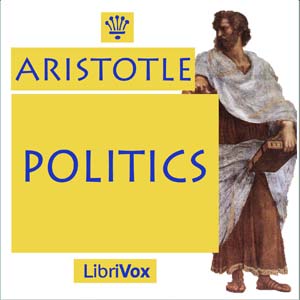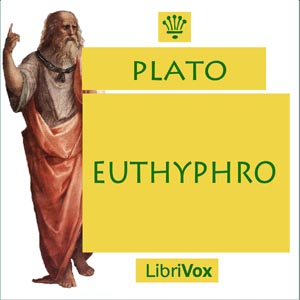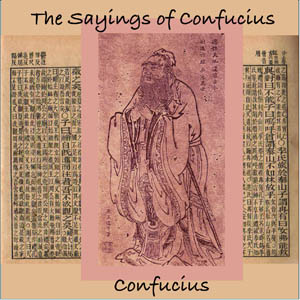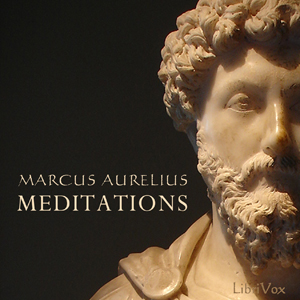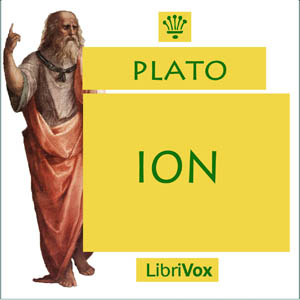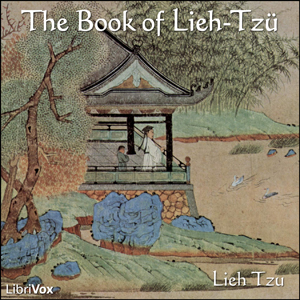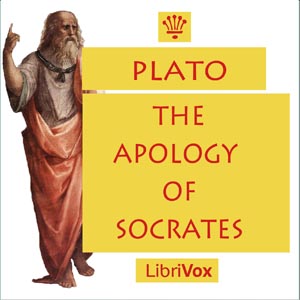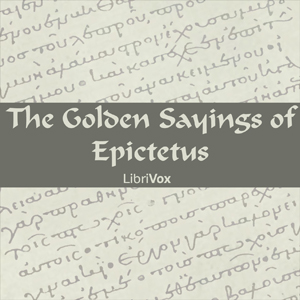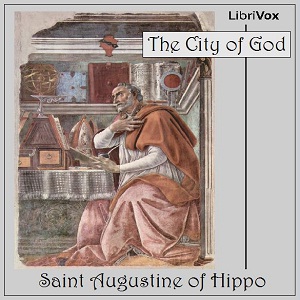- Book One, Sections I-V
- Book One, Sections VI-IX
- Book One, Sections X-XIII
- Book Two, Sections I-IV
- Book Two, Sections V-VI
- Book Two, Sections VII-VIII
- Book Two, Sections IX-X
- Book Two, Sections XI-XII
- Book Three, Sections I-IV
- Book Three, Sections V-IX
- Book Three, Sections X-XIII
- Book Three, Sections XIV-XVIII
- Book Four, Sections I-IV
- Book Four, Sections V-X
- Book Four, Sections XI-XIII
- Book Four, Sections XIV-XVI
- Book Five, Sections I-IV
- Book Five, Sections V-VII
- Book Five, Sections VIII-IX
- Book Five, Section X
- Book Five, Sections XI-XII
- Book Six, Sections I-IV
- Book Six, Sections V-VIII
- Book Seven, Sections I-III
- Book Seven, Sections IV-IX
- Book Seven, Sections X-XII
- Book Seven, Sections XIII-XIV
- Book Seven, Sections XV-XVII
- Book Eight, Sections I-IV
- Book Eight, Sections V-VII
The Politics, by the ancient Greek philosopher Aristotle, is one of the most influential texts in political philosophy. In it, Aristotle explores the role that the political community should play in developing the virtue of its citizens. One of his central ideas is that "Man is a political animal," meaning that people can only become virtuous by active participation in the political community. Aristotle also criticizes his teacher Plato, classifies and evaluates six different types of constitutions and political institutions, and describes his vision of the ideal state. Aristotle's views on women and slavery are unenlightened by today's standards, but his work remains enduring and relevant to this day.
(Summary by Leon Mire)
(Summary by Leon Mire)
There are no reviews for this eBook.
There are no comments for this eBook.
You must log in to post a comment.
Log in

